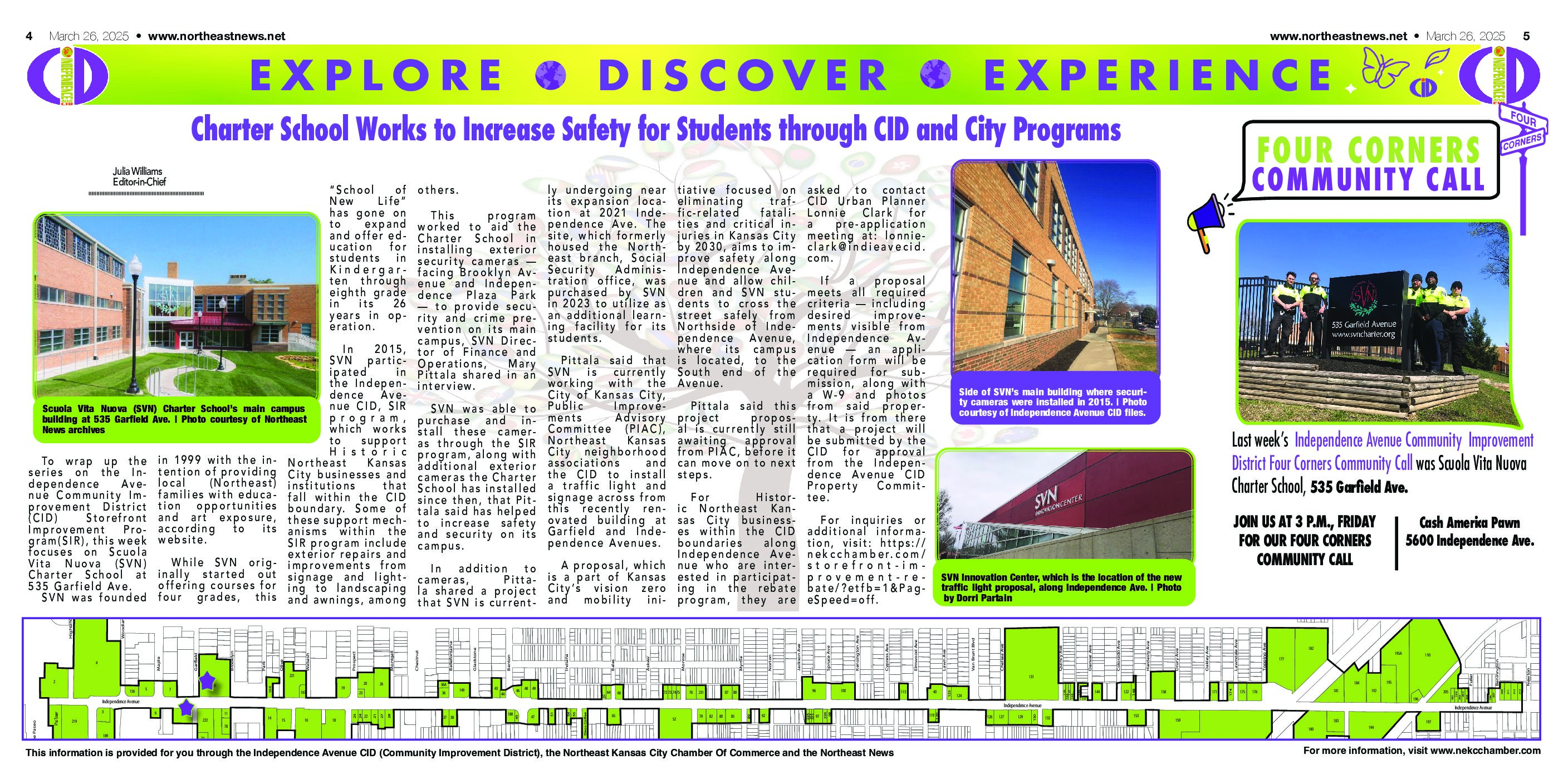
By Paul Thompson
Northeast News
March 15, 2017
KANSAS CITY, Missouri – City Council approved two minimum wage measures – including a gradual citywide minimum wage increase to $13 per hour – during a fiery session on Thursday, March 9, but that doesn’t mean Kansas City residents can take an imminent pay raise to the bank.
Last Thursday’s ordinance comes as the Missouri State Legislature works swiftly to enact an emergency bill that would override the minimum wage increases approved by St. Louis and Kansas City, Missouri, a concurrence that some on the Council believe makes the approved minimum wage increase akin to a moot gesture. Others saw a potential benefit in getting legislation on the books ahead of the Legislature, and by an 8-4 vote, a variation of similar legislation passed and subsequently scuttled by the Council back in 2015 was re-approved on March 9.
Ordinance No. 170913, if it sees the light of day, would establish a citywide minimum wage of $8.50 by September 18, 2017. From there, the minimum wage would gradually increase to $13 per hour by January 1, 2024, and shift with the cost of living each year thereafter on January 1. The vote itself was a whirlwind affair which saw the 2015 wage ordinance – No. 150217 – brought back to the floor and swiftly advanced through the proper procedures. Because of the quick application of those procedures, the final vote initially left Mayor Sly James believing the measure had failed, and later led several interested parties to scramble down to the City Clerk’s office on the 25th floor of City Hall for video confirmation of the final tally.
The video checked out, showing that the ordinance was properly approved by the Council. 3rd District Councilman Jermaine Reed discussed the wild meeting in the moments after the final gavel struck.
“I’ve always been optimistic and willing to push and fight for what I believe in,” said Reed. “I wasn’t sure one way or another coming into the meeting, but I was certainly thrilled with today’s vote.”
Several Council members spoke strongly in support of the minimum wage increase, with a majority showing a willingness to combat the State Legislature on a measure they felt passionate about. 3rd District Councilman Quinton Lucas argued that the Council should take advantage of the brief window before the State Legislature voted to close the loophole that had previously allowed St. Louis to pass their own increased municipal minimum wage. He said that Kansas City’s 2015 minimum wage ordinance was overturned in error, and that the Council has the obligation to fight it now.
“Here, we can do something,” said Lucas. “I believe this is our last, best opportunity to take action. I hope I have your support.”
6th District Councilman Kevin McManus – himself a former member of the Legislature – had questions about the strength of the City’s legal case in rushing through a minimum wage ordinance, but agreed that the case would only continue to weaken if the Council didn’t act on March 9.
“My optimism decreases as the Legislature has more time,” said McManus.
4th District Councilwoman Katheryn Shields also argued that Thursday was Kansas City’s “last, best” opportunity to pass an increased minimum wage, adding that “There’s never a wrong time to do the right thing.” 5th District Councilwoman Alissia Canady agreed, citing the working poor in Kansas City in her support for taking a chance on a citywide minimum wage increase.
“You have over 10,000 residents in Kansas City that live below poverty,” said Canady. “I think it’s very important for us as policy makers to do what’s right, because it’s the right thing to do.”
1st District Councilwoman Heather Hall proved an important figure in the proceedings, casting a vital vote to bring the minimum wage ordinance to the floor for discussion. Had Hall not believed in the importance of having a debate on the issue, the ordinance likely would have fallen short of the required votes for passage. Though she eventually voted against the ordinance, stating her belief that the action is potentially illegal and provides citizens with false hope, Hall defended her vote to bring the issue to the Council floor.
“I don’t regret it, and I wouldn’t have done it differently. If we stop the voice of people having the opportunity to say what they believe in, then we’ve lost what this country is all about,” said Hall. “I think we should have the opportunity to have a discussion in a public forum. But I do not agree with the City taking action on a state law.”
Mayor James strongly opposed the ordinance, and went so far as to hold a Monday, March 6 press conference at City Hall to push instead for a statewide initiative petition to raise the minimum wage in Missouri. That Resolution, No. 170915, was also approved by the Council during the March 9 meeting.
Fellow 1st District Councilman Scott Wagner opposed the ordinance as well, citing his belief that the measure offered low-wage workers in Kansas City with a sense of hope that will be quickly dashed by the Legislature.
“The Governor will sign a statute that eliminates the right of any city to raise the wage beyond what the State sets. So even though St. Louis prevailed in its argument with the Supreme Court, that higher minimum wage is going to go away, too,” said Wagner, who also warned of potential repercussions from the vote. “Already in St. Louis, there has been a threat from the State Legislature that they would remove the earnings tax for anybody who makes less than $50,000.”
Reed acknowledged the potential roadblocks to the ordinance after the meeting, but still defended the thought process behind passing a minimum wage increase before the Legislature and Missouri Supreme Court have their final say.
“I think the unknown here is exactly what the Supreme Court or State Legislature will do,” said Reed. “Perhaps you could suggest we were operating in hypotheticals, but I think what happened today at the Council meeting is a show of progressive thoughts in terms of being committed to allowing low-wage workers the opportunity to get a raise.”



















